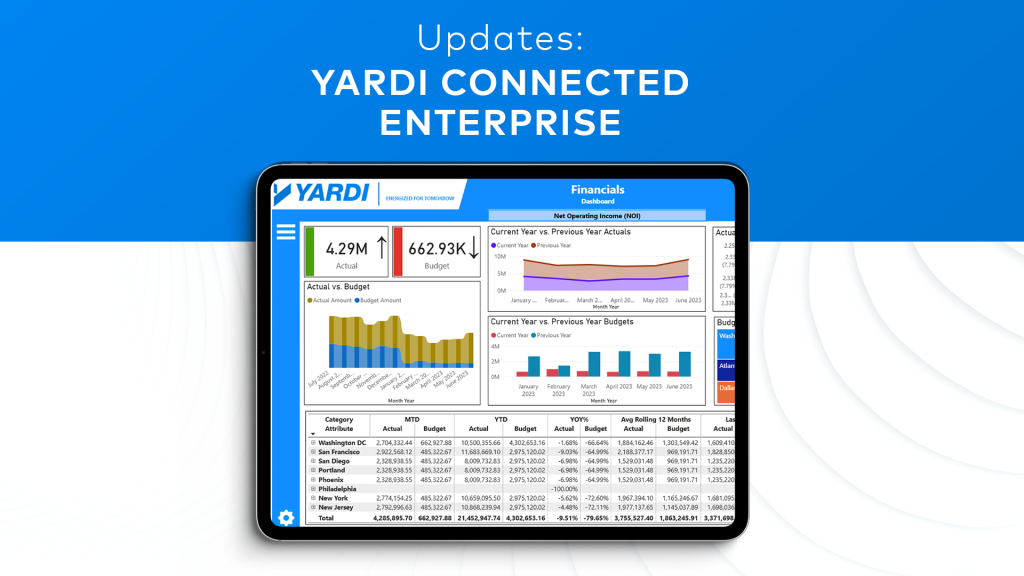By Erica Rascón on July 17, 2018 in News
It’s no secret that internet shopping has given brick and mortar stores a run for their money. Convenience and limited taxes has worked in favor of virtu al retailers for years. A new internet tax law, however, tosses the ball back into the court of in-state stores.
al retailers for years. A new internet tax law, however, tosses the ball back into the court of in-state stores.
Sales Tax Law Revised
The U.S. Supreme Court has ruled that states can now require sales tax on out-of-state purchases made online. The decision passed with a 5-to-4 vote, with those in favor on both sides of the aisle. Liberal Justices Anthony Kennedy and Ruth Bader Ginsburg were joined by conservative Justices Clarence Thomas, Samuel Alito, and Neil Gorsuch.
The ruling removes protections from out-of-state vendors who could operate without charging sales tax, provided that they had no brick-and-mortar presence in-state. The old laws—created before the internet was even a dream–gave online retailers a competitive advantage. They could offer the same products at lower prices than in-state stores. Now, it will be up to the states whether or not they want internet retailers to charge sales tax on items sold within their borders.
Some online retailers were already charging sales taxes. Others, such as Amazon, created a system of taxation that included sales tax on direct sales but excludes sales tax on indirect sales. It is uncertain how the ruling will impact such systems.
Within the new law lies a few surprises. Small businesses will not be required to collect sales taxes if they generate less than $100,000 in sales and have fewer than 200 transactions in the state per year. This allows small enterprises, such as those you might find on Etsy, to build a following before the sales tax requirement hits.
The law will also make available free sales tax collection software to help businesses adjust to the new rules. Businesses that use the software will be protected from audit liability. Though optional, the software offers assurance for businesses that decide to use it, minimizing the fear of costly errors in the transitional year.
Winner and Losers
As with any new law, some will benefit more than others.
The winners include states, in-state retailers and their employees.
- Sales taxes will allow states to bolster funding for infrastructure and public programming.
- In-state retailers are now on a more level playing field with their online counterparts. By potentially minimizing the price difference between items sold in-store and online, in-store features such as personalized customer experiences may make trips to the store appealing once again.
Online retailers and consumers are placed at a disadvantage.
- Online retailers must find ways to outshine in-store experiences. Fast, free shipping and free returns have worked wonders for behemoths like Amazon and Wayfair, but smaller retailers may struggle to accommodate online shoppers’ expectations.
- While consumers may benefit from the infrastructure and public works in their home states, adding sales tax to online items makes a rising cost of living even more expensive.


